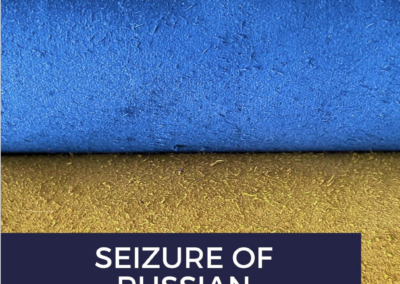Publications

Lessons from Sierra Leone for Transitional Justice in Muslim-Majority Countries
Sierra Leone’s post-civil war approach to transitional justice is highlighted as a standout success story: an integrated response featuring both a hybrid court (the Special Court for Sierra Leone, SCSL) and a truth commission delivered accountability, reconciliation, and democratic stability. This model, which blended judicial trials of major perpetrators with broader truth-telling, has inspired similar hybrid mechanisms in several sub-Saharan African nations. In contrast, many Muslim-majority countries across North Africa, the Middle East, and Central/East Asia have rarely implemented meaningful accountability—where efforts have occurred, as in Iraq or Bangladesh, they have faced criticism for political manipulation and limited scope. The brief suggests that the Sierra Leone experience offers valuable lessons for contexts seeking justice in the aftermath of mass atrocities . Read more

Early Warning in Atrocity Scenarios Must Account for the Effects of Technology, Good or Bad
The potential impact of technology on mass atrocity scenarios has long raised questions for experts and policymakers in the field of atrocity prevention. In the two decades since the adoption of the Responsibility to Protect norm and the emergence of atrocity prevention as a discipline, developments in the “digital revolution” and the advent of the “information age” have influenced atrocity scenarios in countless ways, both positively and negatively. Yet, despite its clear and growing importance, the subject remains underexplored and poorly understood. While the field better understands how different technologies relate to atrocities, a lack of systematic engagement with the topic and its many nuances still leaves major knowledge gaps, making it difficult to fully and constructively harness technology for prevention or to mitigate its harmful effects. Read more

Thinking Beyond Risks: A Symposium on Tech and Atrocity Prevention
This symposium seeks to identify opportunities for governments and civil society to harness both new and established technologies for atrocity prevention, as well as to proactively mitigate associated risks. Experts will outline, for example, the impact of technology on early warning, how social media has affected atrocity dynamics and how it might be harnessed to further adherence to the laws of war, and even how camera-fitted drones can aid accountability. Read more
IPS News


